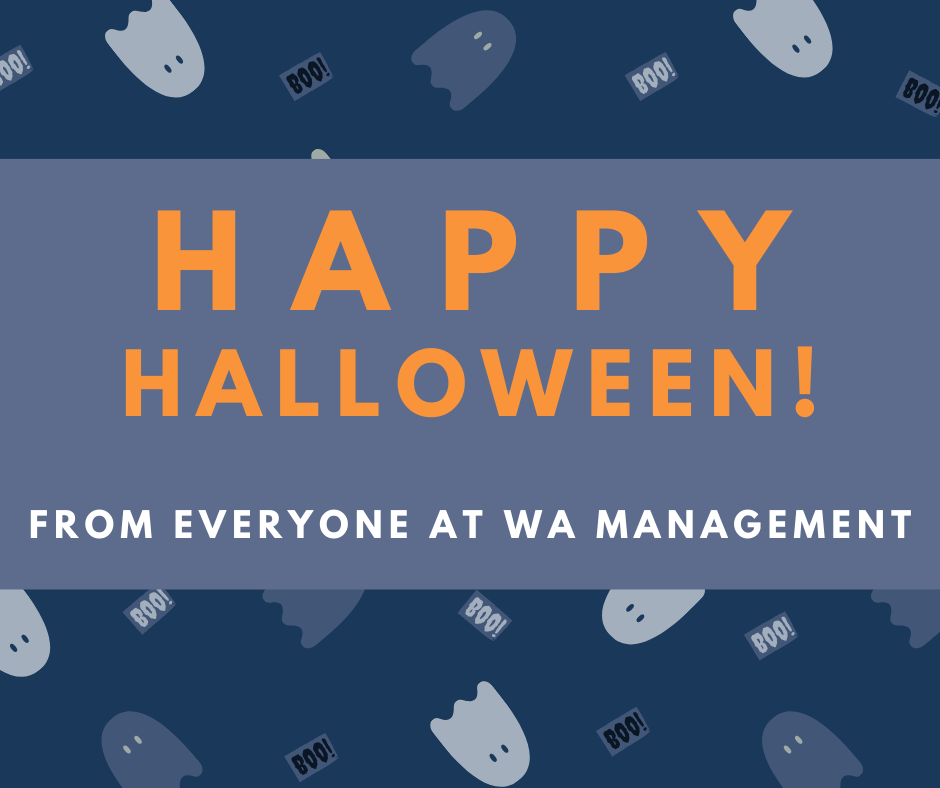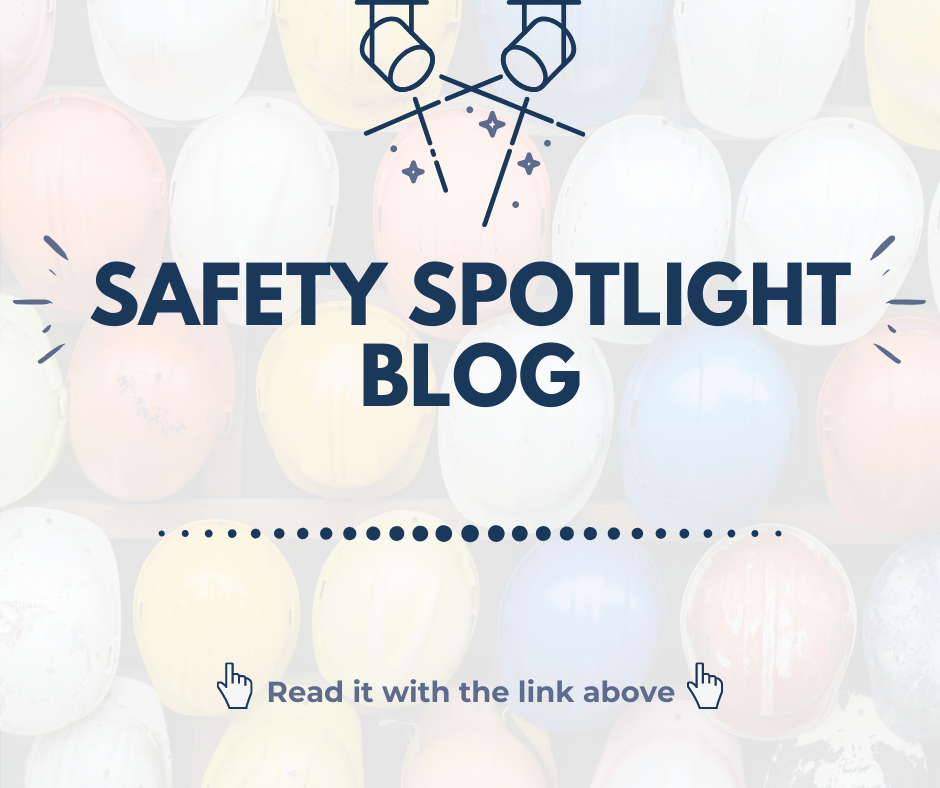Staying Safe this Halloween!
 Although Halloween may seem a bit different this year, it is more important than ever to have a safe (but spooky!) Halloween.
Although Halloween may seem a bit different this year, it is more important than ever to have a safe (but spooky!) Halloween.
In terms of COVID-specific safety measures, you should make sure that if you and your child do go trick or treating (depending on your local area’s COVID restrictions) you:
- Observe social distancing with people outside your household.
- Stand well back when knocking on any doors.
- Keep your hands clean using hand sanitiser.
Other general advice includes:
- NO CAPES!… make sure you or your child’s costume does not drag along the ground to prevent trips, slips and falls.
- DANGER LURKS IN THE DARK… keep to well-lit and populated areas whilst trick or treating.
- WATCH OUT FOR FAST MOVING MONSTERS… If you’re out in your car, keep your eyes open for excitable trick or treaters.
Have a Happy Halloween From Everyone at WA Management!
More Pollution Expected From Staff Working at Home
 Air pollution in big cities could increase because so many people are working from home, a report says. Gas burning from boilers is a major source of local pollution, accounting for 21% of total NOx emissions across Greater London, for instance. Computer modelling predicts that boiler use will rise by 56% this winter due to coronavirus changing work patterns. The report assumes that workers’ offices will continue to be heated for staff still needed in the workplace.
Air pollution in big cities could increase because so many people are working from home, a report says. Gas burning from boilers is a major source of local pollution, accounting for 21% of total NOx emissions across Greater London, for instance. Computer modelling predicts that boiler use will rise by 56% this winter due to coronavirus changing work patterns. The report assumes that workers’ offices will continue to be heated for staff still needed in the workplace.
The study from the think tank ECIU warns that the predicted spike in emissions may threaten the UK’s legally binding air quality targets. It says the increase in energy use may driving up NOx emissions by approximately 12% in towns and cities – enough to offset the last two years’ worth of progress on reducing traffic emissions. The report says: “The increase in pollution from gas boilers provides a graphic illustration of their forgotten role in contributing to air pollution.”
In addition, some estimates suggest that energy bills will rise on average £32 a month through home working. But that could be offset by a decrease in the costs of commuting.
Read more from the BBC.
The Explosive Problem of ‘Zombie’ Batteries
The ESA has launched a campaign called Take Charge which encourages people to dispose of batteries properly. “Unfortunately, the majority of batteries thrown away in the UK at the moment are not put in the proper recycling bins. Fires caused by carelessly discarded zombie batteries endanger lives, cause millions of pounds of damage and disrupt waste services,” says Jacob Hayler, executive director of ESA.
Lithium-ion batteries, which power mobile phones, tablets and toothbrushes, can be extremely volatile if damaged. CCTV footage taken at several recycling centres shows explosions sending flames and debris shooting across sorting areas. And those sorts of batteries are a growing menace. Between April 2019 and March 2020, lithium-ion batteries were suspected to have caused around 250 fires at waste facilities. That is 38% of all fires, up from 25% compared to the previous year, according to the latest data from ESA.
Read more from the BBC.
New Safety Spotlight Blog!
 We have a new Safety Spotlight Blog up on our website focusing on 2 key areas linked to our Hazard of the Month, Machinery Failure.
We have a new Safety Spotlight Blog up on our website focusing on 2 key areas linked to our Hazard of the Month, Machinery Failure.
These two areas are Abrasive Wheels and Lock Out, Tag Out – these both need to be managed properly to ensure good health and safety practices in the workplace in order to prevent accidents and injuries.
To learn more about why these are so important and the best way to train your employees about them, check out the new blog post on the website!

